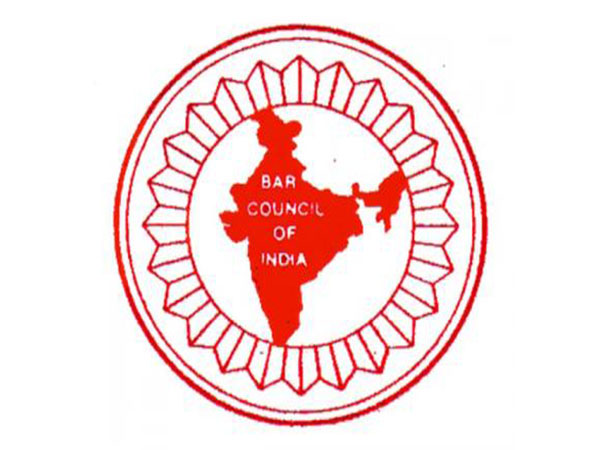Turkish Lira slumps, inflation at 70 pc: Erdogan's govt in dire straits
Jul 13, 2022

Ankara [Turkey], July 13 : The latest lira slump, combined with soaring global energy and food prices, inflation now at 70 per cent and rising has placed Turkish President Recep Tayyip Erdogan in dire straits.
Turkey's lira suffered two currency crises since 2018, and fell for the sixth-straight day in July, the longest losing streak since mid-May. The lira was trading down 0.3 per cent at 17.28 per dollar in Istanbul on July 7. The currency has lost almost a quarter of its value this year after sliding by 44 per cent in 2021, reported Financial Post.
Further, Brent crude's closest futures barrel price is trading just above USD 100 after experiencing its biggest daily loss since March at 10 per cent this week. According to the calculations of economists, an increase/decrease of 10 dollars in Brent oil increases/decreases Turkey's annual energy imports by 4.5-6 billion dollars.
With the accelerated drop in the central bank's foreign reserves, rising external financing costs and unstoppable inflation, economists fear that the financial crisis can get worse.
President Erdogan was forced to announce a second minimum wage hike of 30 per cent, effective from July 1 for a second time this year, as citizens struggle to keep up with soaring inflation.
The monthly net minimum salary will be 5,500 Turkish liras (USD 328), Erdogan said during a televised press conference on July 1. While the raise could mitigate the discontent that's taken root among struggling working-class families, it could also fuel already high inflation, reported Financial Post.
BUPAR Research Company, in face-to-face interviews with 1,532 people in 13 provinces of Turkey, asked about the Erdogan government's interim increase in the minimum wage for citizens.
According to the responses, 81.7 per cent of the participants found the hike insufficient.
Moreover, Turkey's gross external debt stock stood at USD 451.2 billion as of March 31, while its net external debt stock stood at USD 231.4 billion. Accordingly, Turkey's gross external debt stock was realized as 451.2 billion dollars, while the ratio of stock to national income was 56.8 per cent, reported Financial Post.
Turkish authorities managed to avert a full-blown implosion in December 2021, by selling currency reserves and creating special bank accounts protecting savers and corporates from large lira falls in an effort to discourage hoarding of Dollars, Euros or gold.
Turkish opposition parties allege that the government-controlled Turkish Statistical Institute (TUIK) has been announcing suppressed inflation rates.
For June 2022, TUIK announced the monthly inflation as 4.95 per cent, whereas, the annual inflation as per TUIK, stood at 78.6 per cent. On the other hand, Turkey Inflation Research Group (ENAG), a collective of leading independent academicians, announced annual inflation as 175.55 per cent.
Erdogan's government claims that the fallout of the war in Ukraine has delayed efforts to balance the current account with a combination of credit, exports and targeted investments, reported Financial Post.
The Union of Chambers and Commodity Exchanges of Turkey (TOBB) said in its latest report that the number of companies shut down increased by 259.7 per cent in May 2022, compared to May 2021, as the country is experiencing its worst economic crisis in almost two decades.
With ever-increasing inflation, dwindling foreign currency reserves, wrong monetary policies and the depreciation of the Turkish lira against the foreign currency, Turkey is facing a full-blown economic crisis.



















